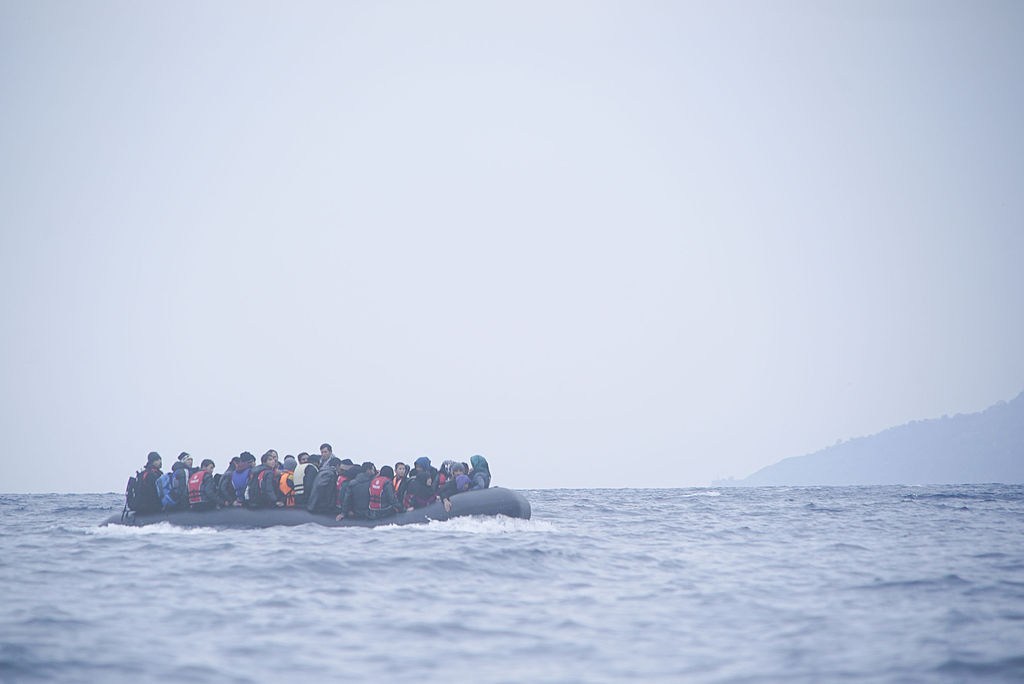The French government is to deploy extra police officers on the border with Belgium, to stop the flow of transmigrants who travel via Belgium to cross to the UK.
French foreign affairs minister Gerald Darmanin announced the measure yesterday while on an official visit to Calais and Dunkirk.
According to numbers from his department, no fewer than 17,000 migrants have made the trip this year so far – often in tiny boats that are far from seaworthy, without the necessary safety equipment, and often without the slightest experience of sea travel or where they are planning to land if and when they reach the other side.
One way to stem the tide, France thinks, would be to stop the flow from Belgian ports. Many migrants make the crossing from ports like Zeebrugge and Ostend, hidden inside goods vehicles, arranged for them by snake-heads, the slang term for people-traffickers.
Others, however, make their own way from the Belgian coast to the French coast, from where the crossing is considerably shorter, but not necessarily more safe.
They may, for an exorbitant fee, be provided with rudimentary sea-going equipment, which is invariably of poor quality unfit for travel across some of the busiest sea-lanes in the world.
The evidence can often be seen washed up on the coast of Kent in England; the only remaining evidence of migrants who attempted the crossing and failed.
"Fifty percent of the migrants who want to cross from Calais and Dunkirk come from Belgium," Darmanin said. "I have asked the prefect to deploy control personnel along the entire Belgian border, to arrest smugglers and migrants who want to leave Belgium to arrive in the north of France, in order to drain the well. This strategy has proven its worth. We ask our Belgian friends to do the same on their side.”
The implication that Belgium is not doing its bit did not go down well with Belgian home affairs minister Annelies Verlinden (CD&V).
"I don't think any country benefits from pointing at each other and looking for a culprit," she told VRT news.
"It's no use pointing the finger at each other. We must find a solution to this problem of transmigrants together, because this requires European collaboration and coordination. Just holding neighbouring countries responsible is -- as far as I'm concerned -- not the solution.”

